
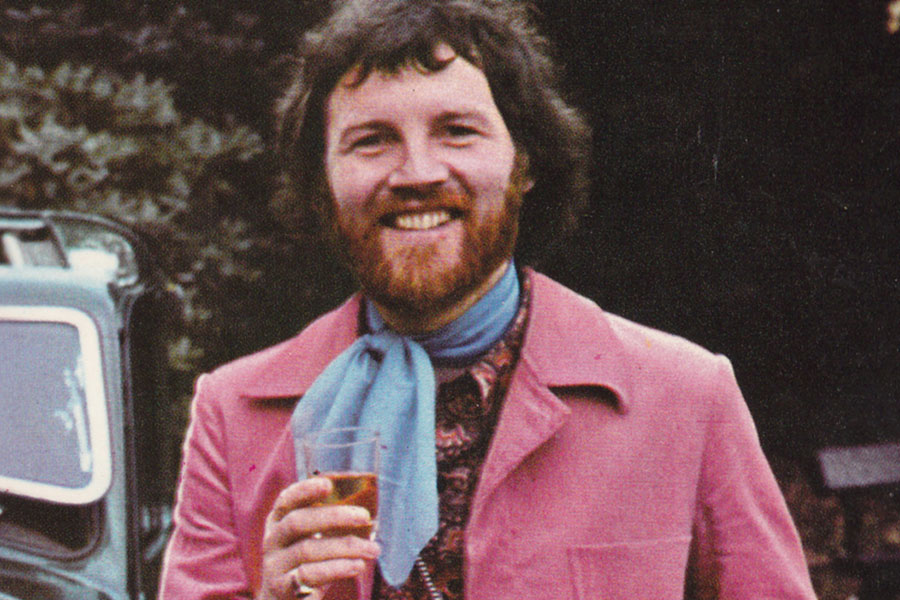
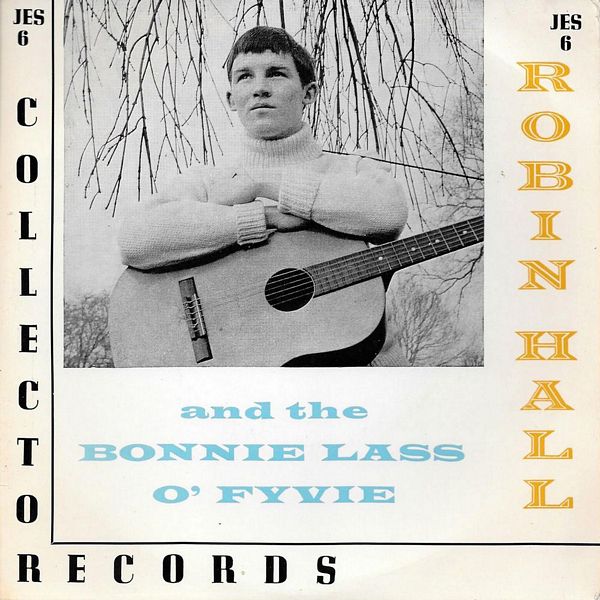 |
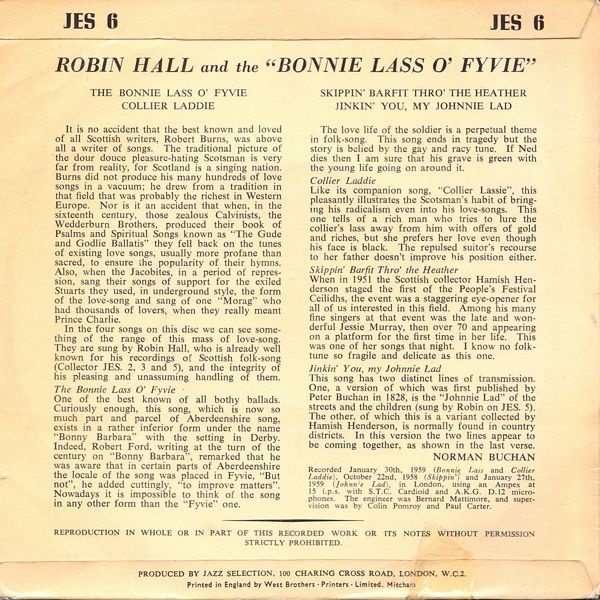
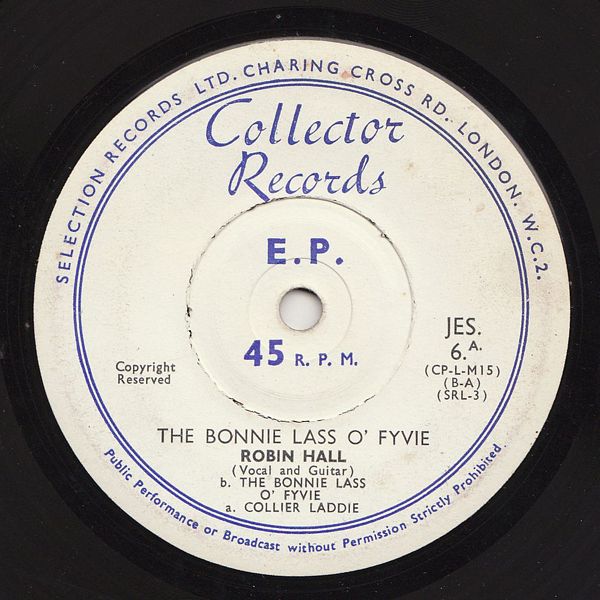
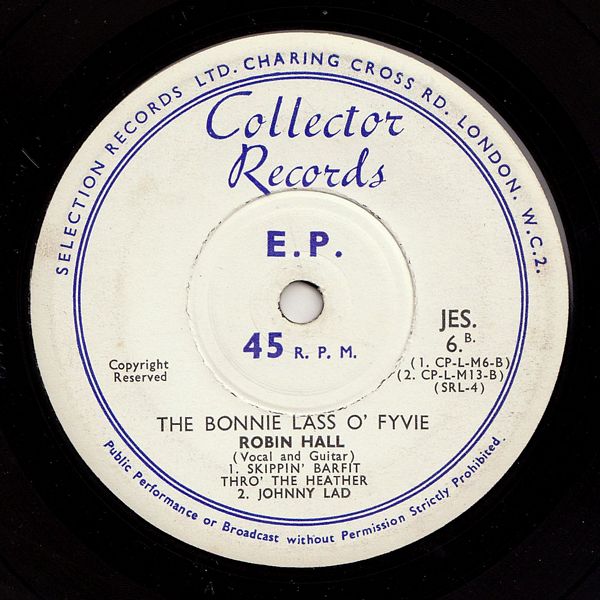 |
Sleeve Notes
It is no accident that the best known and loved of all Scottish writers. Robert Burns, was above all a writer of songs. The traditional picture of the dour douce pleasure-hating Scotsman is very far from reality, for Scotland is a singing nation. Burns did not produce his many hundreds of love songs in a vacuum; he drew from a tradition in that field that was probably the richest in Western Europe. Nor is it an accident that when, in the sixteenth century, those zealous Calvinists, the Wedderburn Brothers, produced their book of Psalms and Spiritual Songs known as "The Gude and Godlie Ballatis" they fell back on the tunes of existing love songs, usually more profane than sacred, to ensure the popularity of their hymns. Also, when the Jacobites, in a period of repression, sang their songs of support for the exiled Stuarts they used, in underground style, the form of the love-song and sang of one "Morag" who had thousands of lovers, when they really meant Prince Charlie.
In the four songs on this disc we can see something of the range of this mass of love-song. They are sung by Robin Hall, who is already well known for his recordings of Scottish folk-song (Collector JES. 2, 3 and 5), and the integrity of his pleasing and unassuming handling of them.
The Bonnie Lass O' Fyvie: One of the best known of all bothy ballads. Curiously enough, this song, which is now so much part and parcel of Aberdeenshire song, exists in a rather inferior form under the name ''Bonny Barbara" with the setting in Derby. Indeed. Robert Ford, writing at the turn of the century on ''Bonny Barbara", remarked that he was aware that in certain parts of Aberdeenshire the locale of the song was placed in Fyvie, "But not", he added cuttingly, "to improve matters". Nowadays it is impossible to think of the song in any other form than the ''Fyvie" one.
The love life of the soldier is a perpetual theme in folk-song. This song ends in tragedy but the story is belied by the gay and racy tune. If Ned dies then I am sure that his grave is green with the young life going on around it.
Collier Laddie: Like its companion song, "Collier Lassie", this pleasantly illustrates the Scotsman's habit of bringing his radicalism even into his love-songs. This one tells of a rich man who tries to lure the collier's lass away from him with offers of gold and riches, but she prefers her love even though his face is black. The repulsed suitor's recourse to her father doesn't improve his position either.
Skippin Barfit Thro' the Heather: When in 1951 the Scottish collector Hamish Henderson staged the first of the People's Festival Ceilidhs, the event was a staggering eye-opener for all of us interested in this field. Among his many fine singers at that event was the late and wonderful Jessie Murray, then over 70 and appearing on a platform for the first time in her life. This was one of her songs that night. I know no folk-tune so fragile and delicate as this one.
Jinkin' You, my Johnnie Lad: This song has two distinct lines of transmission. One, a version of which was first published by Peter Buchan in 1828, is the "Johnnie Lad" of the streets and the children (sung by Robin on JES. 5). The other, of which this a variant collected by Hamish Henderson, is normally found in country districts. In this version the two lines appear to be coming together, as shown in the last verse.
NORMAN BUCHAN